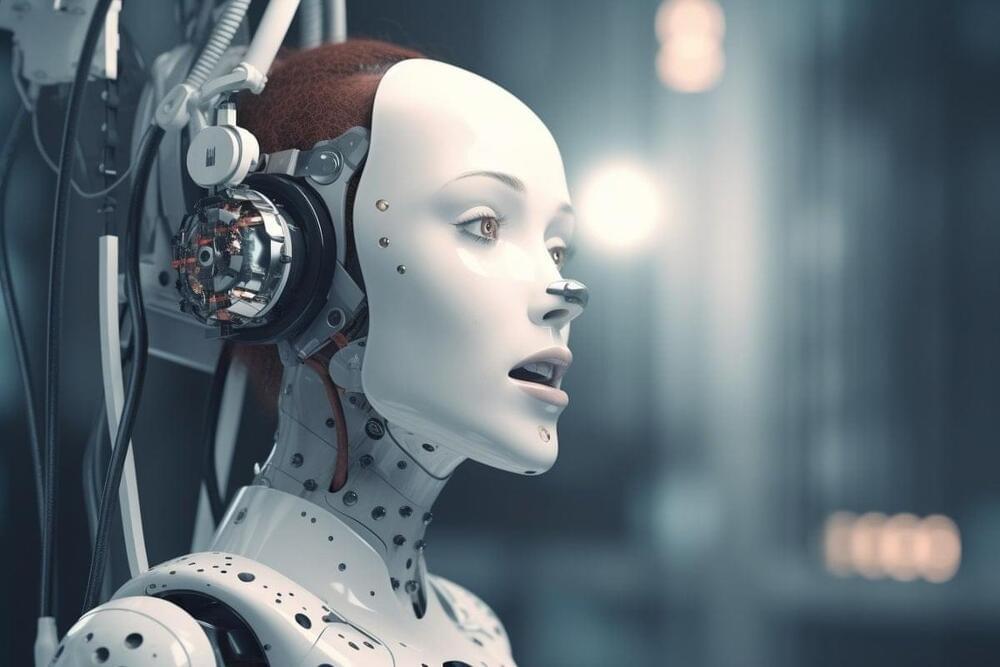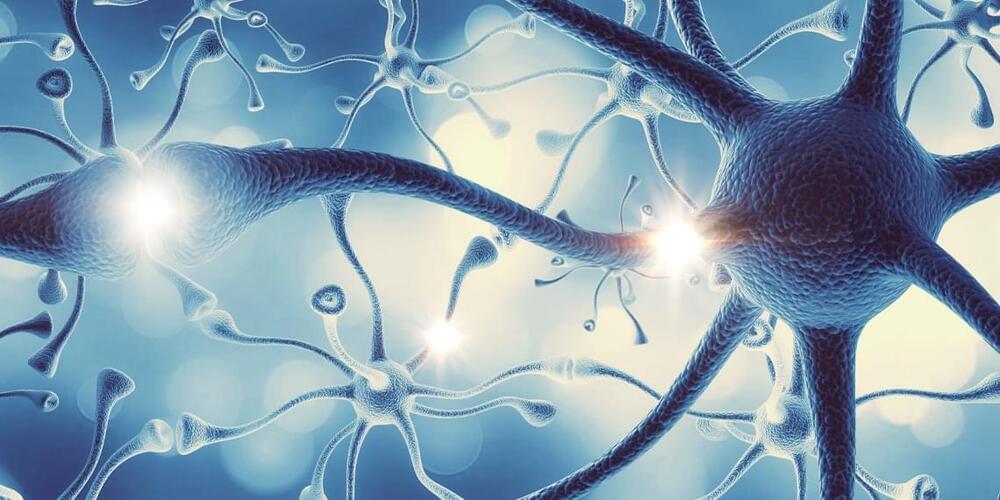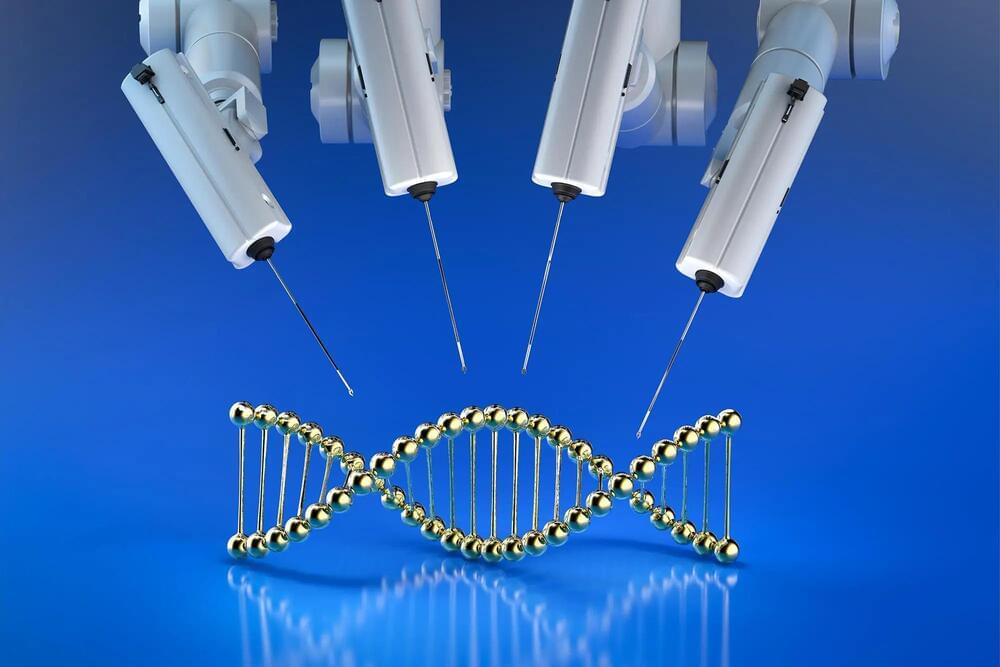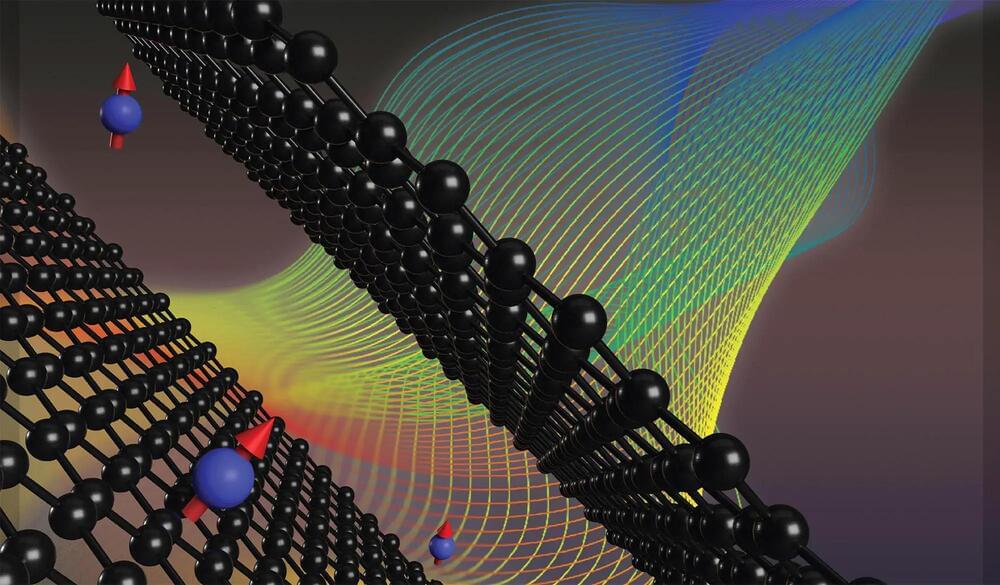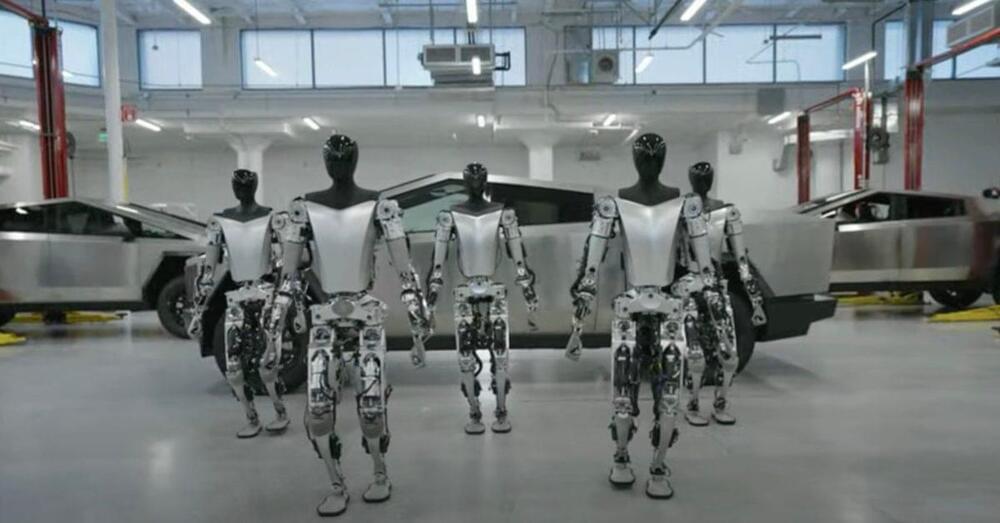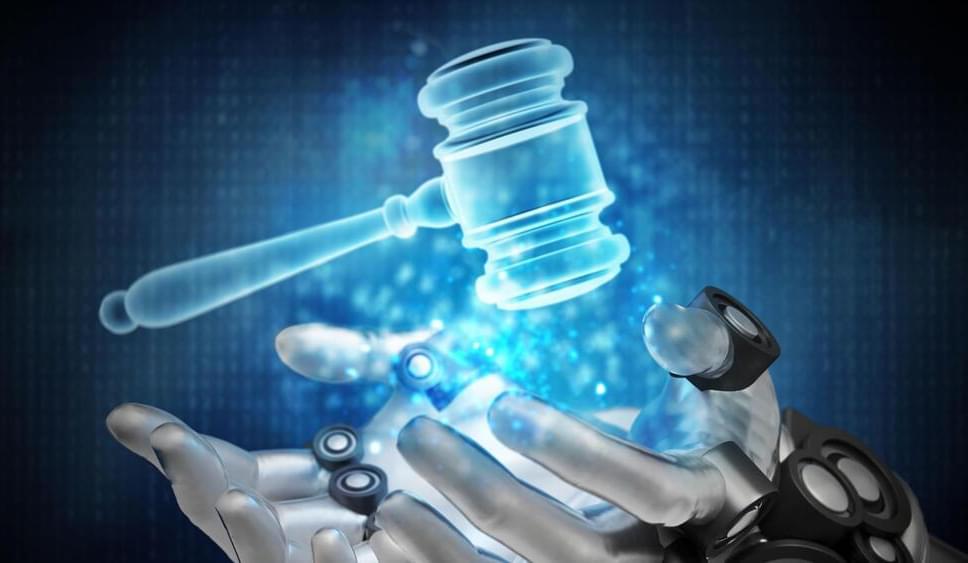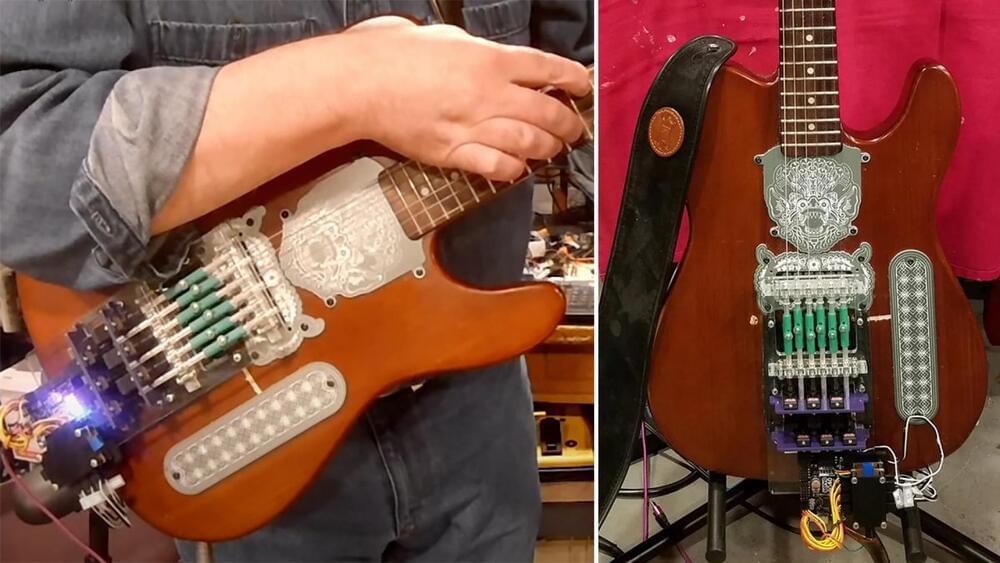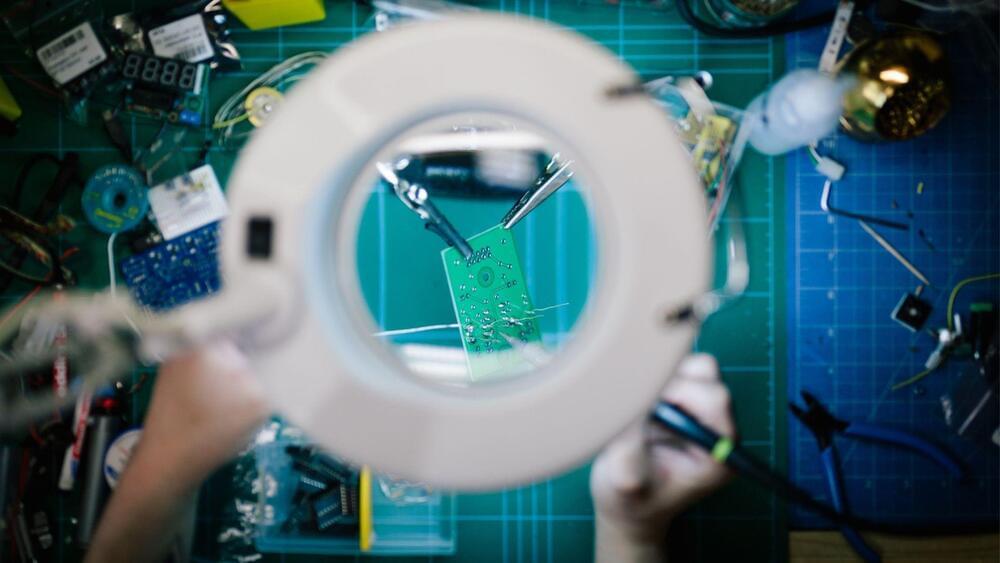May 28, 2023
Scientists create matter from nothing in groundbreaking experiment
Posted by Shailesh Prasad in categories: cosmology, particle physics, quantum physics
We’ve probably all heard the phrase you can’t make something from nothing. But in reality, the physics of our universe isn’t that cut and dry. In fact, scientists have spent decades trying to force matter from absolutely nothing. And now, they’ve managed to prove that a theory first shared 70 years ago was correct, and we really can create matter out of absolutely nothing.
The universe is made up of several conservation laws. These laws govern energy, charge, momentum, and so on down the list. In the quest to fully understand these laws, scientists have spent decades trying to figure out how to create matter – a feat that is far more complex than it even sounds. We’ve previously turned matter invisible, but creating it out of nothing is another thing altogether.
There are many theories on how to create matter from nothing – especially as quantum physicists have tried to better understand the Big Bang and what could have caused it. We know that colliding two particles in empty space can sometimes cause additional particles to emerge. There are even theories that a strong enough electromagnetic field could create matter and antimatter out of nothing itself.

